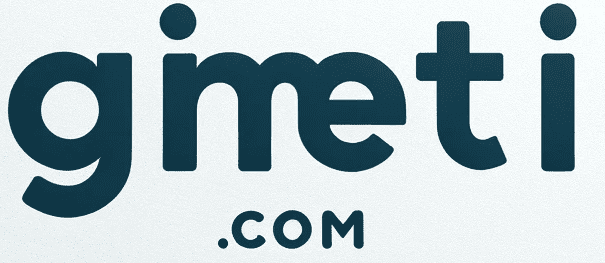In an era where digital security is more critical than ever, Google Workspace has taken a commendable step forward. The latest update introduces Multi-Factor Authentication (MFA) for creating filters that automatically forward emails to another address. This change is not just a tech upgrade; it’s a common-sense approach to combating a prevalent scamming technique. Let’s dive into what this means for users and the future of email security.
The Scamming Technique: Email Forwarding
Scammers have long exploited the simplicity of setting up email forwarding. By gaining access to a victim’s account, they could easily create a filter to forward emails to their address. This tactic allows them to snoop on personal information, intercept confidential communications, and even hijack accounts. It’s a digital peephole that’s been surprisingly easy to install.
Google’s Response: MFA to the Rescue
Recognizing the vulnerability, Google Workspace has now implemented an MFA requirement for creating these types of filters. When a user attempts to set up a forwarding filter, they will be prompted to verify their identity through a second factor, such as a phone notification or a security key. This additional step is like asking, “Are you really sure you want to open this door?” before handing over the keys.
Why This Matters
Enhanced Security
The introduction of MFA is a significant security upgrade. It acts as an additional barrier, deterring unauthorized users from setting up forwarding filters clandestinely. It’s like having a digital watchdog that barks not just when someone breaks in, but also when they try to install a spy camera.
User Awareness
This change also brings a heightened awareness of security practices among users. When prompted for MFA, users may pause and think, “Do I really need this filter?” or “Did I initiate this action?” It’s a nudge towards more vigilant digital behavior, much needed in today’s landscape.
Setting a Precedent
Google’s move could set a precedent for other email service providers. It sends a clear message: security features like MFA should not be an afterthought, but a cornerstone of digital products, especially when handling sensitive information.
Looking Ahead: The Future of Email Security
While this update is a significant step, it’s just the tip of the security iceberg. The hope is that this move will spark a trend towards integrating MFA in more aspects of digital life, especially where sensitive data is involved. Imagine MFA confirmations for changes in account settings, downloading attachments from unknown senders, or even for sending emails with sensitive content. The possibilities for enhancing digital security are vast.
Conclusion: A Welcome Change
Google Workspace’s decision to require MFA for setting up email forwarding filters is a smart, necessary move in the ongoing battle against cyber threats. It’s a reminder that sometimes, the most effective solutions are based on common sense. As we continue to navigate the digital world, let’s hope for more such intuitive updates, making our online experiences safer and more secure. Remember, in the world of digital security, an ounce of prevention is worth a pound of cure.





